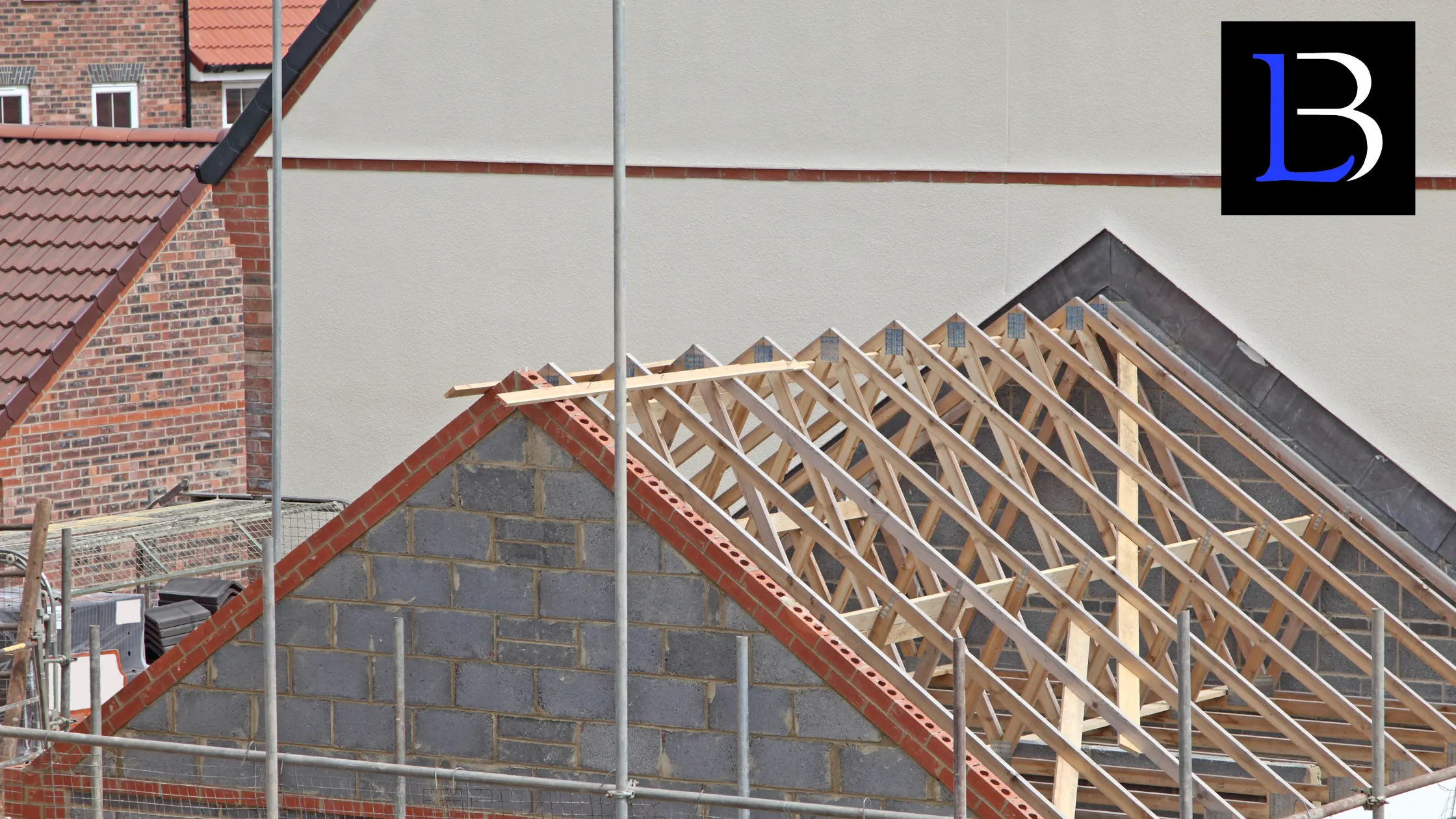The Ultimate Guide to Planning a Garage Extension

A garage extension can add valuable space and functionality to your home, whether you need extra room for vehicles, storage, or even a new living area. However, like any building project, a successful garage extension requires careful planning, budgeting, and understanding of regulations. This ultimate guide will take you through everything you need to know to plan a garage extension – from initial considerations to the final stages of construction.
1. Why Consider a Garage Extension?
Garage extensions are versatile home improvements that offer numerous benefits:
- Additional storage: A larger garage provides space for cars, bikes, tools, and equipment.
- Extra living space: Convert part of your garage into a home office, gym, or guest bedroom.
- Increased property value: A well-planned garage extension can boost the value of your home, making it more attractive to potential buyers.
- More parking space: Ideal for families with multiple vehicles or those who want secure, off-road parking.
2. Key Considerations Before You Start
Before diving into the planning process, there are several important factors to think about:
a) Purpose of the Extension
What do you need the extension for? Whether you’re adding more room for parking or planning a new living area, this will impact the design, size, and cost of your project. Consider:
- Single or double garage: Will a single-storey extension be enough, or do you need space for two vehicles?
- Living space conversion: If you’re creating a new room, will it need heating, insulation, or plumbing?
- Storage: Think about how you want to use the space for storing equipment, vehicles, or tools.
b) Budget
A clear budget is essential for any extension project. Garage extensions are generally more affordable than other types of extensions, but costs can still vary depending on size, materials, and whether the space will be used for more than just parking. On average, a basic single-storey garage extension in the UK can cost between £10,000 and £30,000, while converting part of the garage into a living area can add more to the total price.
Be sure to include:
- Construction and labour costs
- Materials (bricks, roofing, windows, doors)
- Insulation, heating, and plumbing (if converting to living space)
- Planning permissions and architect fees, if needed
c) Location and Layout
Where will your garage extension go? Is there enough space on the side or rear of your property? You'll need to think about the layout and how the extension will integrate with your existing home:
- Side extensions: These can blend seamlessly into your property, but may reduce driveway or garden space.
- Rear extensions: Ideal if you have garden space available, but access to the garage may become more limited.
Make sure the design complements your home and consider how the garage connects to the rest of your property. Does it need a direct entry into your house? Will you need to relocate garden features or fences?
3. Do You Need Planning Permission for a Garage Extension?
Whether or not you need planning permission depends on the size and design of the extension. In many cases, garage extensions fall under permitted development rights, meaning you won’t need formal permission as long as the extension meets certain criteria, including:
- No more than 50% of your land around the original house is used for the extension.
- The garage is no taller than 4 metres (or 3 metres if within 2 metres of the boundary).
- No front-facing extensions: Extensions to the side or rear are more likely to be permitted, while those at the front of the house may require full permission.
It’s important to check with your local council before proceeding, as rules may vary depending on your location and property type. Additionally, listed buildings or properties in conservation areas may require more stringent planning.
4. Building Regulations and Structural Requirements
Even if your garage extension doesn’t require planning permission, it will still need to comply with building regulations. These rules ensure that the extension is structurally sound, energy-efficient, and safe. Key areas covered include:
- Foundations: The garage must have adequate foundations to support the structure.
- Insulation: If your garage will be used as living space, insulation must meet current energy standards.
- Fire safety: There must be appropriate fire-proofing between the garage and the main house.
- Ventilation: Proper ventilation is required to prevent dampness and ensure air quality.
Working with a qualified builder or architect will help ensure your project meets all necessary building regulations.
5. Design and Materials
Choosing the right design and materials for your garage extension is critical to achieving a seamless look and maintaining the overall aesthetic of your home.
a) Design Choices
- Traditional garage: If you’re simply extending your garage for more vehicle space, a simple brick design with a pitched roof may suffice.
- Modern extension: If you’re converting the garage into a multi-purpose space, consider incorporating large windows or skylights for natural light.
- Internal access: Adding a door that connects the garage to your home can make it more functional, especially in bad weather.
b) Material Considerations
Materials should complement the style of your home. Key materials include:
- Bricks and blocks: To match the existing property.
- Roofing tiles: Ensure the garage roof blends in with your house.
- Insulation materials: Essential if the space will be heated or converted into a living area.
- Doors and windows: Consider security-rated garage doors if storing vehicles, and energy-efficient windows if the space will be used for living.
6. Hiring the Right Contractor
A successful garage extension depends on choosing the right builder. It’s important to hire a contractor with experience in garage or home extensions, who can handle the project from start to finish. Here’s how to find the right professional:
- Get multiple quotes: Always compare several quotes to ensure competitive pricing.
- Check qualifications: Ensure the contractor is licensed, insured, and has a strong track record with previous clients.
- Look at past work: Ask for references or visit previous garage extensions the contractor has worked on.
Good communication is key to ensuring the project runs smoothly, so choose a contractor who is responsive and willing to discuss your ideas.
7. The Construction Process
Here’s a step-by-step breakdown of what to expect during the construction of your garage extension:
a) Site Preparation
Before construction begins, the area will need to be cleared and prepped. This may involve demolishing any existing structures, clearing vegetation, and marking out the boundaries of the new extension.
b) Foundation Work
Once the site is ready, the foundations are laid. This is one of the most critical stages, as strong foundations ensure the structural stability of your garage.
c) Building the Structure
Next, the walls and roof will be constructed. Depending on the design, this could take a few weeks to complete. Windows and doors will be installed towards the end of this stage.
d) First Fix
This stage involves installing services such as electricity and plumbing if needed. It’s important to have this work done before plastering or fitting internal walls.
e) Finishing Touches
Once the structure is complete, finishing touches such as flooring, lighting, and any additional storage or shelving can be added. If the garage is being converted into a living area, insulation and heating systems will be installed.
8. Cost and Value of a Garage Extension
On average, a garage extension in the UK can cost between £10,000 and £40,000, depending on the complexity and size of the project. While this can be a significant investment, a well-designed garage extension can add up to 15% to the value of your property, making it a worthwhile improvement for many homeowners.
The value added will depend on your location, the quality of the work, and how well the extension integrates with the rest of your home.
Final Thoughts
A garage extension is a fantastic way to add practical space and increase your property’s value. Whether you’re expanding for extra parking or converting it into a new living area, careful planning and attention to detail are essential for a successful project. By following this guide, you’ll be well-prepared to navigate the process, from initial design to completion, ensuring your garage extension meets your needs and enhances your home.
